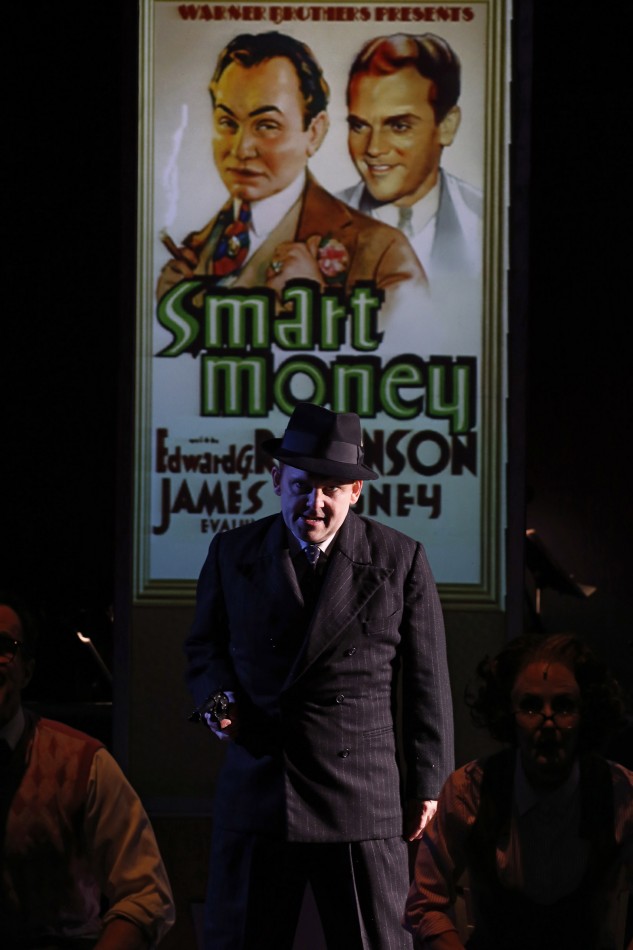by: JK Clarke
Poor Candida. She’s adored by two men, and they’re both weenies. Candida (Susan Atwood), the star of George Bernard Shaw’s eponymous play (now at Theater Lab), appears to have a normal, healthy relationship with her husband, Pastor James Morell (Sean Williams). But, almost inexplicably, she also has a suitor: idealistic, agonizingly romantic, gangly and cow-eyed poet Eugene Marchbanks (Django Palty, who manages to create a sympathetic character out of the sappy Victorian hipster). Marchbanks, despite constantly looking like he could use a hug, is insistent that Candida’s life is miserable, and he needs to take her away from it all, to love her as she must be loved: “Because she will understand me, and know that I understand her,” he moans.
While Shaw is known for integrating social and political issues into his plays, it’s a little difficult to ascertain exactly which he was trying to make the biggest statement about in Candida. There are questions of class (Marchbanks comes from an aristocratic family, and he can’t understand the notion of work, or dirtying one’s hands); and there are heated discussions between Pastor Morrell and Candida’s father, factory owner Mr. Burgess (humorously played by John Greenleaf) promoting Christian Socialist ideals and workers’ rights. However, the main thrust of the play seems to be about gender equality. While both Morrell and Marchbanks believe themselves to be independent, self-sufficient and able to care for the people (women in particular) around them, Candida turns that misguided thought on its head and demonstrates, ultimately, that it is they who rely wholly upon her. The two men come to understand that she, and perhaps most women, are their better.
There also seems to be a very subtle, possibly subconscious, hint at the notion of open relationships. Shaw himself was in a marriage that was “never consummated,” though he was known to have had myriad relationships with betrothed women. In Victorian society this must have been scandalous, hence the very understated discussion of it in this play. And yet, what’s never really answered is: who is Marchbanks, where did he come from, and why would Morrell tolerate this emotionally aggressive suitor in his house? Even by today’s standards the premise seems preposterous.
But, this is the play Shaw has left us, and Director Tim Errickson has given us a pleasant production, with very smart period costumes by Cheryl McCarron and a fine turn by Palty as a lost, yet insistent Marchbanks. The production’s only drawback may be the theater space which has both poor acoustics and a seating riser which creaks irritably and too noisily when patrons (and theater staff) move in or from their seats during the performance.
Candida. Through October 12 (in repertory) at Theater Lab (357 West 36th Street, 3rd Floor). www.boomerangtheatre.com























